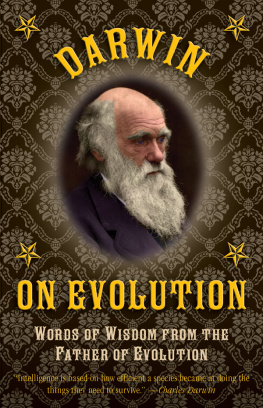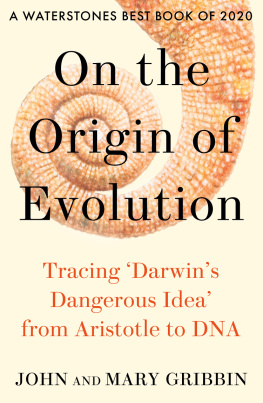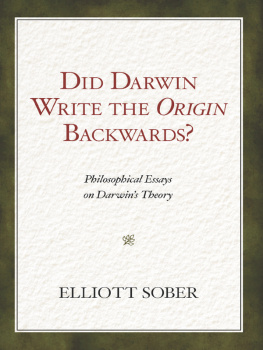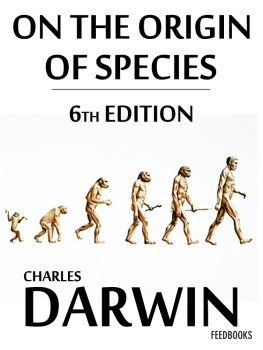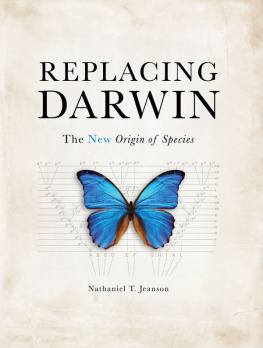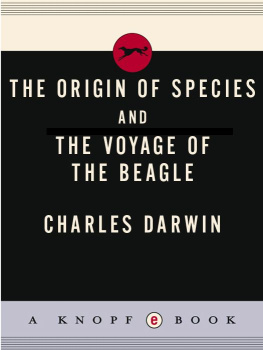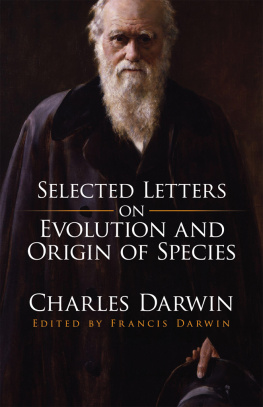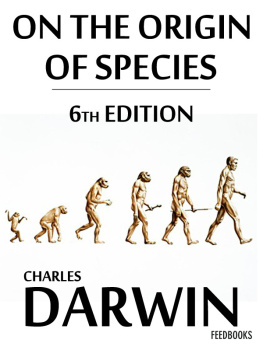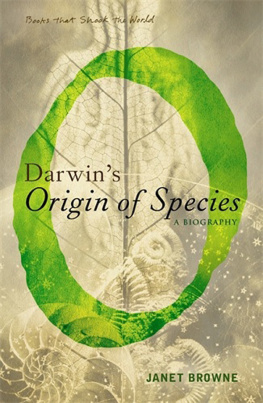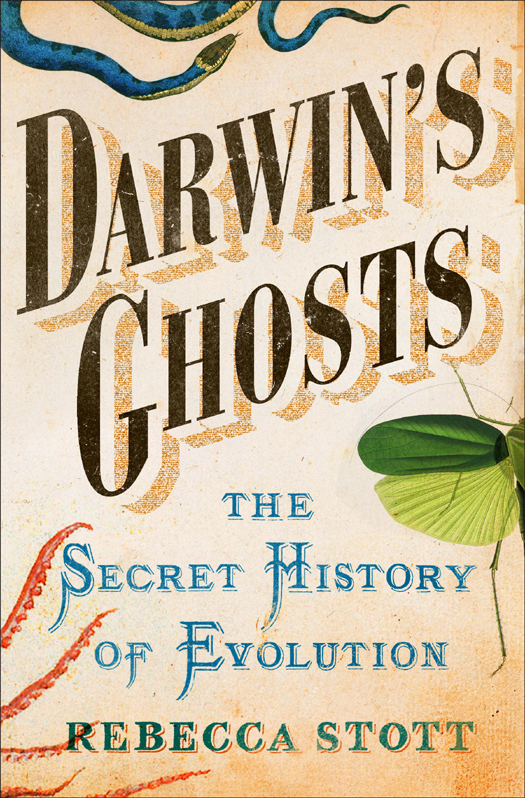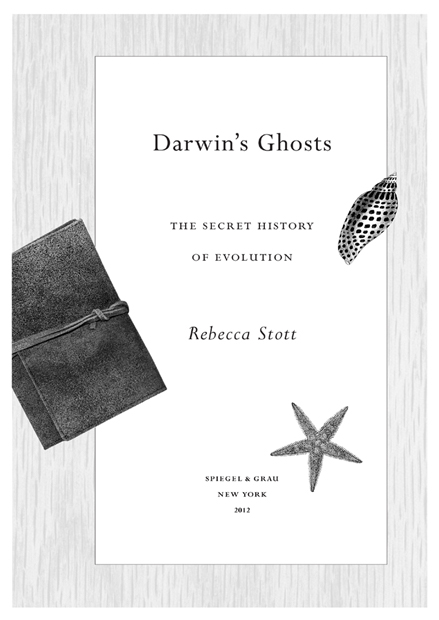Stott - Darwins ghosts the secret history of evolution
Here you can read online Stott - Darwins ghosts the secret history of evolution full text of the book (entire story) in english for free. Download pdf and epub, get meaning, cover and reviews about this ebook. City: New York, year: 2014;2012, publisher: Spiegel & Grau Trade Paperbacks, genre: Detective and thriller. Description of the work, (preface) as well as reviews are available. Best literature library LitArk.com created for fans of good reading and offers a wide selection of genres:
Romance novel
Science fiction
Adventure
Detective
Science
History
Home and family
Prose
Art
Politics
Computer
Non-fiction
Religion
Business
Children
Humor
Choose a favorite category and find really read worthwhile books. Enjoy immersion in the world of imagination, feel the emotions of the characters or learn something new for yourself, make an fascinating discovery.

- Book:Darwins ghosts the secret history of evolution
- Author:
- Publisher:Spiegel & Grau Trade Paperbacks
- Genre:
- Year:2014;2012
- City:New York
- Rating:3 / 5
- Favourites:Add to favourites
- Your mark:
Darwins ghosts the secret history of evolution: summary, description and annotation
We offer to read an annotation, description, summary or preface (depends on what the author of the book "Darwins ghosts the secret history of evolution" wrote himself). If you haven't found the necessary information about the book — write in the comments, we will try to find it.
Christmas, 1859. Just one month after the publication of On the Origin of Species, Charles Darwin received an unsettling letter. He had expected criticism; in fact, letters were arriving daily, most expressing outrage and accusations of heresy. But this letter was different. It accused him of failing to acknowledge his predecessors, of taking credit for a theory that had already been discovered by others. Darwin realized that he had made an error in omitting from Origin of Species any mention of his intellectual forebears. Yet when he tried to trace all of the natural philosophers who had laid the groundwork for his theory, he found that history had already forgotten many of them.
Darwins Ghosts tells the story of the collective discovery of evolution, from Aristotle, walking the shores of Lesbos with his pupils, to Al-Jahiz, an Arab writer in the first century, from Leonardo da Vinci, searching for fossils in the mine shafts of the Tuscan hills, to Denis Diderot in Paris, exploring the origins of species while under the surveillance of the secret police, and the brilliant naturalists of the Jardin de Plantes, finding evidence for evolutionary change in the natural history collections stolen during the Napoleonic wars. Evolution was not discovered single-handedly, Rebecca Stott argues, contrary to what has become standard lore, but is an idea that emerged over many centuries, advanced by daring individuals across the globe who had the imagination to speculate on natures extraordinary ways, and who had the courage to articulate such speculations at a time when to do so was often considered heresy.
With each chapter focusing on an early evolutionary thinker, Darwins Ghosts is a fascinating account of a diverse group of individuals who, despite the very real dangers of challenging a system in which everything was presumed to have been created perfectly by God, felt compelled to understand where we came from. Ultimately, Stott demonstrates, ideasincluding evolution itselfevolve just as animals and plants do, by intermingling, toppling weaker notions, and developing over stretches of time. Darwins Ghosts presents a groundbreaking new theory of an idea that has changed our very understanding of who we are.
Stott: author's other books
Who wrote Darwins ghosts the secret history of evolution? Find out the surname, the name of the author of the book and a list of all author's works by series.




